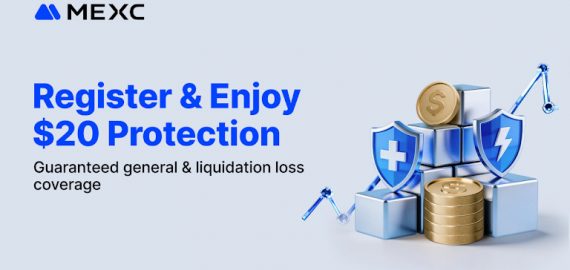Digital Property


What is Digital Property?
Any type of content, information that exists in a digital or electronic format and is owned by a person or organization can be considered as a digital property.
All the data we are using every day or ,for example, our social media accounts, crypto wallets are all considered forms of digital property. Computer files and information, including word processing documents, spreadsheets, images, audio files, and videos, are referred to as data, as a digital data that each of us has. This data may be kept locally on a disk drive or removable media within a computer, or it may be kept remotely and accessible over the Internet in the clouds, one of the most popular clouds for keeping digital assets are – iCloud and DropBox.
Understanding of Digital Property
What differentiate digital property from a traditional property?
There are well-established protocols and processes to find, appraise, and transfer ownership or control of traditional types of property like real estate, cars, bank accounts, and life insurance. However, there are important distinctions when it comes to digital property, for example when it comes to encrypted electronic data and social media accounts. Talking about digital property in case of some events when a person doesn’t have an access to his accounts or other property, there could be some problems with the utilization of existing data or possibility for other person to possess it.
How does digital property works with the cryptocurrencies?
If we are talking about the crypto world, cryptocurrency is exactly how we can interpret it, as a “digital property” because as a person you own and manage digital assets denoted by coins or tokens, it’s your property. These digital assets are frequently kept on distributed ledger technologies, such as blockchains, and are decentralized.
The most well-known type of digital property is the cryptocurrency itself. Coins like Bitcoin, Ethereum, Dogecoin, and many others are considered as a digital assets that you can own and transfer. The same with the crypto wallets. You can keep you crypto on the wallet that is your property as well, only you have access to it, only you can trade with the coins on it. The only thing the user of the wallet is not fully responsible of is a security because it’s supposed to be secured by the blockchain.
Talking about the art, since this side of crypto is developing fast, one of the most important crypto feature is NFT’s. NFTs are distinct digital assets that can be owned both physically or digitally. They are mostly consist of collectibles, digital art, and other works of art. As a type of digital property, NFTs have grown in popularity in recent years.
When it comes to digital estate planning, digital property is essential and has to be managed, transferred, and inherited with care. Since we are becoming more and more dependent on digital technology, it has substantial legal and financial aspects. Proper management and protection are essential.
Latest news about Digital Property:
- Hong Kong-based Animoca Brands has raised over $75 million to support the development of an open Metaverse and improve digital property rights in the gaming industry through blockchain and NFTs. The company, valued at $5.9 billion, aims to secure licenses for popular intellectual properties and advance the open metaverse. Animoca Brands is also an advocate of decentralization and has previously raised $358,888,888 to develop the open Metaverse and offer new DeFi and GameFi opportunities.
- Yuga Labs, creators of the Bored Ape Yacht Club NFT collection, is facing a legal battle for $1.59 million and an additional $200,000 linked to counterfeit BAYC NFT sales. The case aims to reclaim illegal profits from counterfeit NFTs and establish a strong stance against intellectual property violations in the growing NFT market. The crypto community is eagerly awaiting the outcome, which could potentially shape future legal actions involving intellectual property rights and NFTs, emphasizing the importance of maintaining authenticity and originality within the crypto ecosystem.
Disclaimer
In line with the Trust Project guidelines, please note that the information provided on this page is not intended to be and should not be interpreted as legal, tax, investment, financial, or any other form of advice. It is important to only invest what you can afford to lose and to seek independent financial advice if you have any doubts. For further information, we suggest referring to the terms and conditions as well as the help and support pages provided by the issuer or advertiser. MetaversePost is committed to accurate, unbiased reporting, but market conditions are subject to change without notice.
About The Author
Victoria is a writer on a variety of technology topics including Web3.0, AI and cryptocurrencies. Her extensive experience allows her to write insightful articles for the wider audience.
More articles

Victoria is a writer on a variety of technology topics including Web3.0, AI and cryptocurrencies. Her extensive experience allows her to write insightful articles for the wider audience.


















































